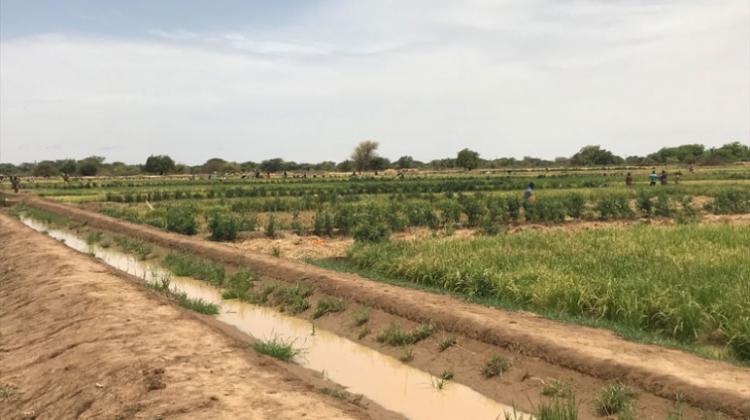Jonars Spielberg
Jonars’ work draws on more than a decade of professional and academic experience conducting research across Sub-Saharan Africa and South Asia on topics related to technology, innovation, and entrepreneurship; and the politics and political economy of service provision. Broadly, he examines how the state and citizens work together to co-produce essential public services, and how shifts in development thinking have influenced what kinds of technological interventions are legitimized and valorized. Using the Senegal River Valley as a case study, Jonars’ dissertation research investigates how technological interventions mediate everyday interactions between bureaucrats and smallholder farmers, and how these interventions-cum-interactions in turn shape agricultural management processes and outcomes. Underlying his research is a deep-seated interest in illuminating the conditions under which pressing equity and sustainability challenges can be adequately addressed. Currently, he also helps manage DUSP’s Special Program for Urban and Regional Studies (SPURS).
Prior to beginning his doctorate, Jonars was a research associate with MIT's Comprehensive Initiative on Technology Evaluation (CITE), which MIT D-Lab has led since 2017. At CITE, he conducted research on the adoption of household products among low-income communities in East Africa and South Asia. His more recent and ongoing work with D-Lab | CITE explores Last-Mile Clean Energy Entrepreneurship, Digital Financial Services for Smallholder Farmers, Access to Affordable Bicycles, and Achieving Sustainable Partnerships for Innovation, Research, and Entrepreneurship. Jonars has also been affiliated with MIT’s Abdul Latif Jameel Water and Food Systems Lab (J-WAFS) and the Martin Family Society of Fellows for Sustainability. During the 2019-2020 academic year, he conducted fieldwork in Senegal as a Fulbright Fellow.
Jonars holds a B.A. in International Relations and a B.A. in Classical Studies, both from Michigan State University, and an M.A. in International Environmental Policy from Boston University.




